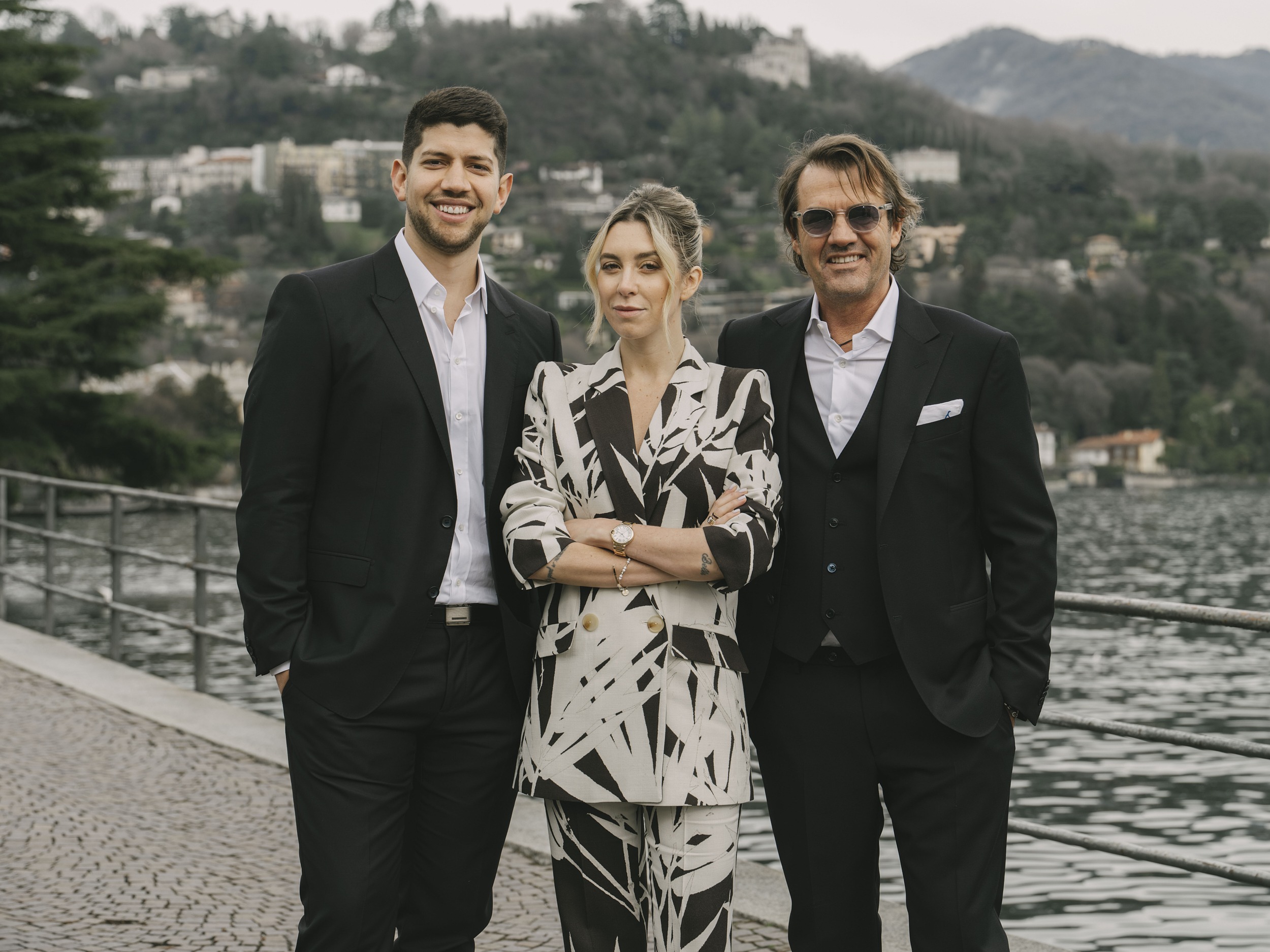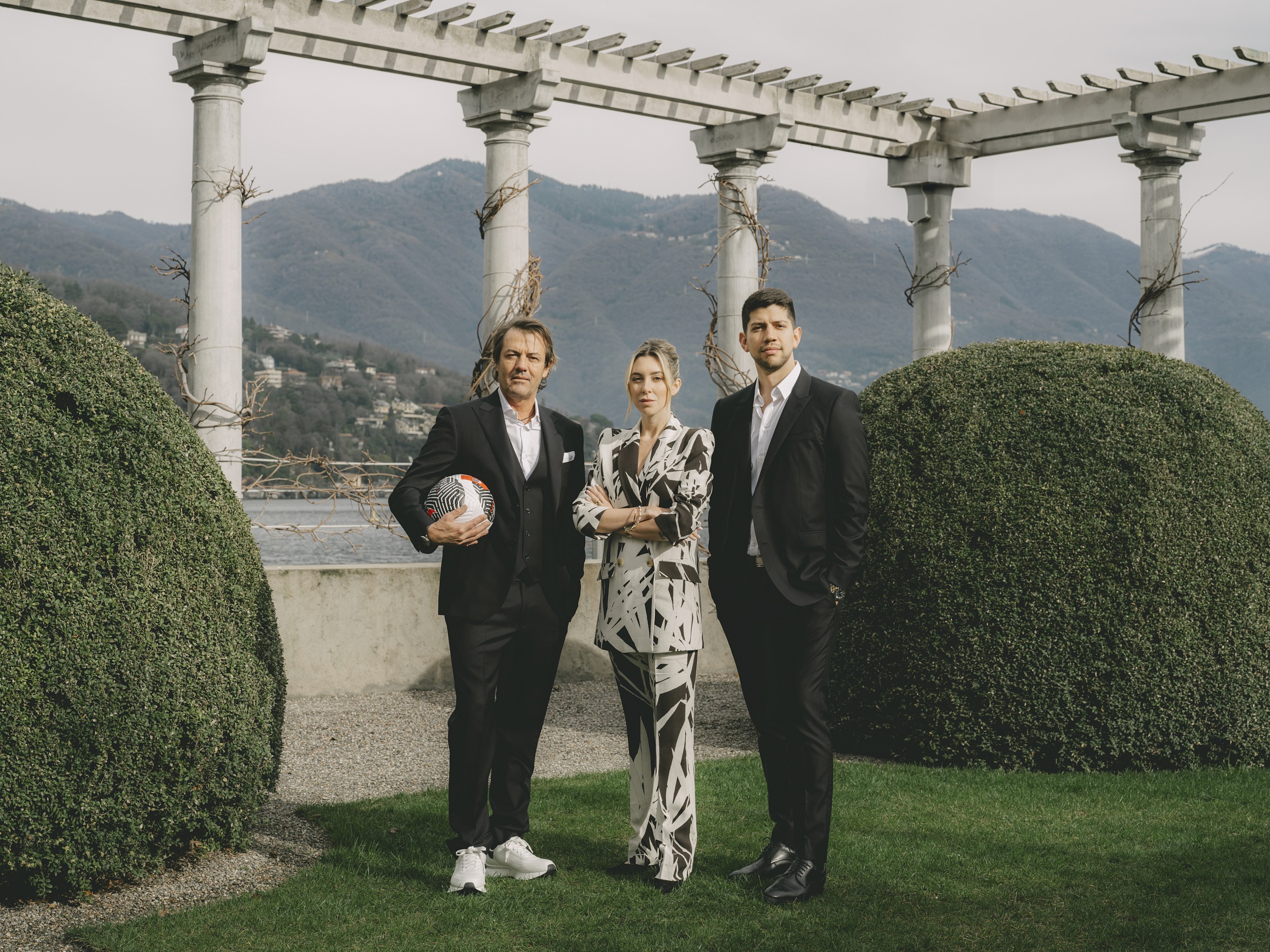Investing in female football has become the industry’s newest trend. With increasing attendance, increasing partnerships, and increasing revenue, the next market-to-be is getting people’s attention first, and companies’ money second.
In 1961, thirteen American women wanted to go to space. The Mercury 13, as they were later dubbed, took part in a privately funded program that tested and screened female volunteers to prove they were as ready for spaceflight as men, but NASA thought otherwise: it would take them 20 years to send a woman to space.
Astronaut Sally Ride became the first American woman to actually reach the stars in 1983 ―the Soviets had put the first woman in space in 1963―, and Eileen Collins was the first woman to pilot the Space Shuttle in 1995. «When I was very young and first started reading about astronauts, there were no female astronauts,” she would later explain. But there was the Mercury 13. And that, as she explained, was enough.
Sixty years later, Mercury/13, the women’s football multi-club ownership group named after the never-to-be astronauts but forever-considered icons of female rights, wants to seed the football industry with the same wind of hope the original Mercury 13 represented for women with dreams in the 1960s. And they’re doing it through the professionalisation of the industry, 100 million dollars, and, as of today, a Serie A Femminile team: Como Women.
A MULTI-OWNERSHIP FRENZY
Mercury/13 is led by Victoire Cogevina Reynal and Mario Malavé, two entrepreneurs that, just how they explained on a panel during World Football Summit, are keen on busting the myth that female sports in general and football in particular cannot be profitable. And while their strategy of club multi-ownership is not necessarily new, their female angle does venture into relatively untapped territory.
The phenomenon of a person or company owning several football clubs has indeed existed for quite a while, and it is exponentially growing more and more popular. According to UEFA, more than 300 football clubs are in ownership groups involving multiple teams as of 2024. In 2022, it was 180. And fewer than 40 clubs worldwide were in ownership networks in 2012. But these numbers usually only apply to the male teams, which is what Mercury/13 is meaning to change.
THE RISE IN INVESTMENT
So far, they are following in the footsteps of Korean-born businesswoman Michele Kang, who has built quite the empire by herself: she’s the majority owner of Washington Spirit, the London City Lionesses ―one of only two teams in England’s top two tiers of women’s football that operate independently from a men’s club―, the Baltimore Orioles and she recently closed the purchase of the Olympique Lyonnais Féminin, one of the most successful clubs worldwide when it comes to titles.
The 63-year-old, the first woman of colour to own a National Women’s Soccer League (NWSL) team, has set records in her pursuit of a more professional industry and, just like Mercury/13, busting the myth of non-profitability. In doing so, she has been constantly raising the bar for what the female leagues are perceived to deserve, including buying the Washington Spirit for a record 35 million dollars.
And the ripple caused by her determination is already permeating the industry: Racheal Kundananji recently became the most expensive player in the history of women’s football after signing for NWSL expansion team Bay FC for $788,000. And everything points to the fact that it is only uphill from here.
A 100-MILLION-DOLLAR PLAN
As far as Mercury/13, their star bet, of course, is the 100 million dollars they are planning to invest in women’s football over the coming years. Their goal is to realise their vision of becoming the industry standard of women’s football ownership.
They plan to do it by identifying and investing in the next decade’s super clubs and fueling their commercial power to attract a massive, yet underserved, market: women. Their acquisition strategy is simple: women’s football is a different game, and fans want a different experience. And their first challenge is already set: turning Como Women into a powerhouse club.
BUYING COMO WOMEN
The club, founded in 1991 as a section of Polisportiva Vigor Grandate, became an independent club in 1997 as FCF Como 2000, showcasing an irregular path oscillating between Serie A and Serie B for two decades until a full rebranding in 2021, which led to the current FC Como Women. After that, the club secured every category promotion until returning to Serie A in 2021, coinciding with the inaugural season of professionalism in Italian women’s football.

Now, FC Como Women stands at the 7th table position in the 2023/24 season, which is when Mercury/13 enters the picture. «For years, I’ve dreamed of this club having what it truly deserves”, says Stefano Verga, who’s led Como Women since the team’s inception and will remain as club President and shareholder.
“It has brought me great joy and pride that a group like Mercury/13 has chosen us as their first investment,” he continued. “For many years, I’ve held this dream in my mind, and I see in this project the opportunity for us all to come together and take the team to the top of European football”.
A NEW STRATEGY FOR COMO WOMEN
Mercury/13, as told by its founder Victoire Cogevina Reynal, plans on an international strategy that capitalises not only on the talent of its team but its surroundings. Lake Como ― backdrop of the Mona Lisa, mediaeval battles, and James Bond’s ‘Casino Royale’; home to everyone from Leonardo da Vinci and Napoleon, to Gianni Versace and Madonna― shines as one of the top destinations in a country that receives almost 50 million tourists a year ―the fifth highest in the world. And Mercury/13 wants to take advantage of that.
“We’re looking forward to embedding ourselves into the local community and building the next chapter of this club with them, the new fans, and the millions of international tourists that visit Lake Como every year. All of them will have a new reason to come and visit this top European destination: watch and support women playing football at the highest level, » explained Cogevina Reynal.
A NEW DAWN FOR PARTNERSHIPS IN FEMALE FOOTBALL
Central to this vision, as Mercury/13 explained, is the pursuit of strategic commercial partnerships that recognize “the pivotal role of women’s football in advancing gender equality on a global scale, with the intention of welcoming the other half of the globe into a sport that often excludes them”.

“This club has been built with the support of incredible local partners who have backed the team and helped it get to where it is today”, explained Mario Malavé. “We’re invigorated to extend our partnerships with them in this next chapter of growth”. Indeed, partnerships are expanding in female football, because the sport is in an extraordinarily good place right now, which is why brands are responding.
“On average, commercial revenue accounted for 58% of 14 clubs’ total revenue, followed by matchday 22% and broadcast 20%”, explained Deloitte in their Money League. “The average revenue generated by 15 of the highest revenue-generating women’s clubs across European football in 2022/23 stood at €4.3m. This marks a 61% increase over these clubs’ 2021/22 average revenues (€2.6m) and highlights the steep growth trajectory of elite women’s football across the continent”. And it seems like it is only going to grow further.
AN OPPORTUNITY IN FEMALE FOOTBALL
The ratings, so far, suggest it will. The Serie A Femminile TV audience in 2021-22 increased by 142% compared to the previous season, and then an extra 7% in 2022-23 thanks to the newly available free TV broadcast.
In the UK, Arsenal Women’s last two matches, held against Tottenham Hotspur and Manchester United on March 3rd and February 17th respectively, both garnered an in-person attendance rate of over 60.000 people. And in Australia, host of the women’s soccer World Cup, almost 20 million viewers were drawn to the competition from their homes.
Audiences are responding by the thousands on-site and by the millions at home, and whenever audiences tune in, brands are certain to hop on, which, at the same time, will allow clubs to invest in creating a more professional infrastructure for their players and their business. It’s all a chain reaction, the wheels are already in motion and, at this point, just like Mercury/13’s ambition, they seem unstoppable.

